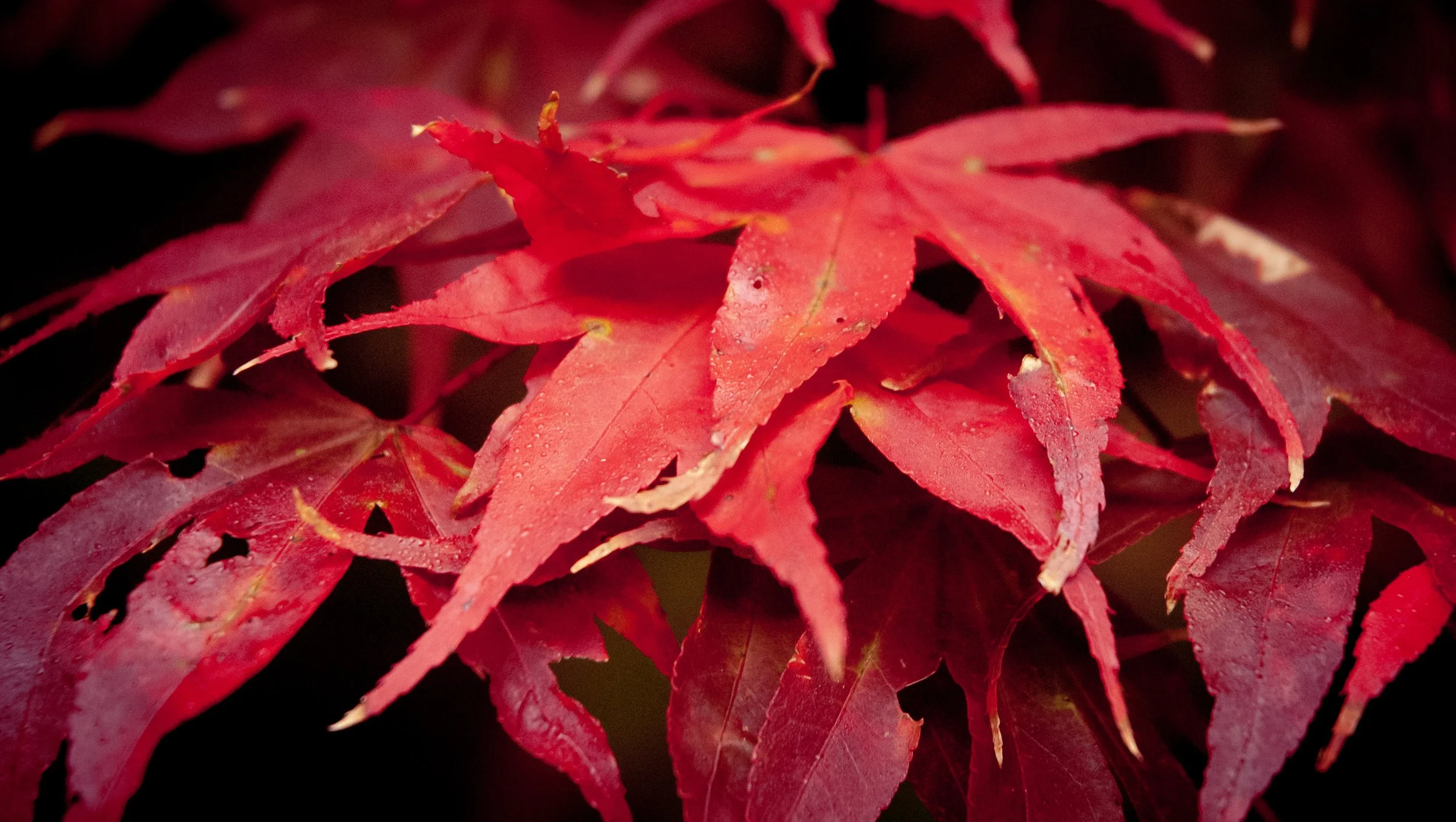Mindless
Trails: iPhone
“Lose your mind and come to your senses.”
I’d been cycling for a couple of hours when I lost my mind.
It was exactly what I needed.
And I know it won’t happen if I try to force it, but patience is always rewarded.
Many of us do it: cyclists, runners, walkers, climbers, swimmers; we find a place of embodied relaxation that shifts consciousness. A moment when the psychic clock of modernism pauses and time opens up to a more direct experience of self and surroundings. There are no distractions, no work demands, no shopping lists.
Just movement, light, shadow, air and wind, sound and silence.
I often find myself laughing out loud at the relief of these moments and, this time, my smiles were accompanied by a familiar heightening of perceptions, the morning sunlight became instantly more golden, the grass and trees greener, birdsong rang with new crystalline clarity, and cool air brushed my skin, spiriting away the perspiration beading on my forearms. Rounding a long curve in the road, I saw the distant silhouette of a deer, a young stag, standing still in dappled light among the trees before it suddenly took flight onto a diverging path and out of sight.
A perfect, celebratory vignette.
As we let our senses reach deeply within us, we can tune inwards to fine margins of strength and fatigue, pleasure and pain, thirst and hunger. Yet the performance and sport of cycling, in itself, isn’t the point of my exercise. Rather I am trying to explore how our renewed perception makes boundaries porous as creative energy and insight flood through us, and our sensual relationship to the landscape is redefined. We become participative in our wider ecology; the outer landscape flows into our inner landscape. In fact, we become our ecology.
Happiness researcher and cyclist Christopher Boyce, tells us how liberating it is to let go of the anxiety and pressure induced by the need to ‘be there by then.’ Short term goals are helpful, he says, they get us moving when we are tempted by an extra hour under the duvet. But the pervasive tick, tick, tick of modern life separates us from the call to greater purpose and what Aristotle called eudaemonic happiness, the consequence of people following their best inner nature. According to Boyce, we may well achieve the goals we think are important and feel satisfied about doing so, yet once these experiences fade into the past, we can still feel wanting.
So there are still some days when I pedal to get better at pedalling; to get somewhere, to gain strength or stamina, to acclimatise myself to the hard effort of an upcoming long ride. But the most important days are when I pedal into the landscape to become a living, breathing, animal part of it.
As I rolled through the bend, a massive, quaking, dark figure erupted from the shadows beside me. The stag had followed a dead end path and I had inadvertently cornered him. Hooves clattering as he slipped on the tarmac, juvenile antlers held at bay, our eyes met as I felt his breath, warm and rapid in the cool morning, russet brown fur close enough for me to touch. We instinctively swerved to find balance together and, for a couple of strides, he paced alongside me before slowing and turning back.
Adrenaline. Life. Fear. Endorphines. Racing hearts. Breathe… again… again…
We searched again into lingering eye contact as we parted; a last moment of connection, recognition and mutual wonderment maybe?
And were left with just movement, light, shadow, air and wind, sound and silence.
Notes:
My opening quotation by Gestaltist Fritz Perls speaks to how we can find ourselves cognitively present but not sensorily present. Our lack of sensorial awareness is important if we seek to avoid anaesthetising ourselves to reality through, for example, consumerism, alcohol, work or other addictions.
I really enjoyed ‘A Journey For Happiness: The Man who Cycled to Bhutan’. Christopher Boyce began his trip as a consequence of realising that, after a decade immersed in happiness research, his career in academia was not making him happy. It’s a not a book that is just about cycling; it’s about living well. You can get your copy here.
Finally, if you are tempted to look into the implications of animism and deep ecology, ‘Becoming Animal: An Earthly Cosmology’ by David Abram, is a fabulous read.















